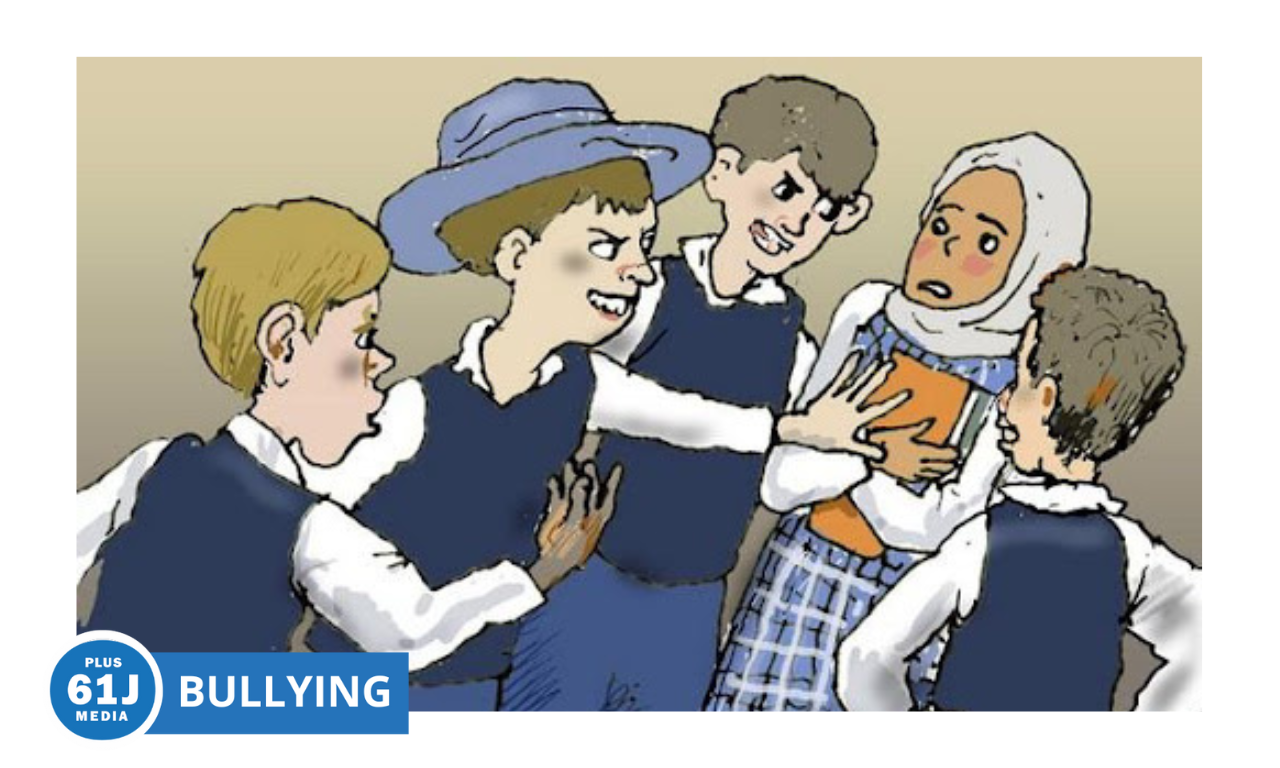Published: 25 January 2021
Last updated: 4 March 2024
PALESTINIAN MORALE HAS BEEN at an all-time low. Over the past two weeks, it dropped another notch.
At 85-years old, Palestinian President Mahmoud Abbas has finally acted to regain his long-expired public legitimacy. On January 15, just five days before Joe Biden was sworn in as President Donald Trump’s successor, Abbas’s long-awaited presidential decree announcing elections was issued. Assuming the elections actually take place and are fair and free, it may be too little too late to save any of the current ruling class.
The announcement came 16 years after the last presidential elections which saw Abbas win a four-year term, 15 years after the last Palestinian Legislative Council (PLC) elections, and 25 years since the last full meeting of the Palestinian National Council.
A generation of Palestinians that has never experienced an electoral process, let alone be involved in a political system, is being asked to lead the cause when it is in its most dire state.
The desire to vote is strong among among the youth in the West Bank and Gaza Strip, who for years have envied Palestinian citizens of Israel for having successfully advanced in the Israeli political system.
Three days after the issuing of the decree, Fareed Taamallah, spokesman for the Central Elections Commission (www.elections.ps), said 33,000 Palestinian citizens had already registered electronically.
He added that 60,000 citizens visit the website daily to check or amend their data, an indication of their interest and desire to take part in this democratic process. To date, and over many years, 2.2 million citizens have added their name to the electoral register.
A generation of Palestinians that has never experienced an electoral process, let alone be involved in a political system, is being asked to lead the cause when it is in its most dire state.
Excited youth aside, what has become obvious to the “Palestinian street” is that after more than a decade of bickering between Fatah, which governs the West Bank, and Hamas, the militant party that controls the Gaza Strip, something did not sound right when, suddenly, elections at every level became possible.
Rumour has it that representatives of then President-elect Biden visited the Palestinian leadership in Ramallah and gave an ultimatum to Abbas that if his electoral legitimacy was not renewed, it would be impossible to advance the Palestinian issue - on any front.
A day after the decree, Abbas and his intelligence chief met top Egyptian and Jordanian security officials in Ramallah. So much for maintaining the independence of our domestic politics.
In living rooms across Palestine, it is said, only half-jokingly, that Abbas is pulling a Trump on the Palestinian people by influencing the judiciary in an attempt to line up his ducks in case they are needed.
On December 30, he issued three laws by decree, effectively restructuring the judicial system. He also reappointed an 81-year-old judge to be president of the Supreme Judicial Council in direct violation of the Judicial Authority Law which states no one over 70 years old may be appointed to this key position.
[gallery columns="1" size="large" ids="40677"]
A few days before he issued his decree calling for elections, Abbas issued a decree making changes to the 2006 elections law which regulates the PLC and presidential elections.
These are not minor changes. They include changing the entity undertaking the elections from the Palestinian Authority to the State of Palestine, which Israel and the US do not recognise.
Other changes include raising the quota for women from about 20 per cent to 25 per cent on every slate running in the elections, as well as the controversial requirement that to be eligible to run any candidate from the civil service must resign from their job.
For years, the public has been watching Fatah and Hamas bickering with each other..
The apparent agreement between them to hold elections was met with little fanfare in the occupied territory of the West Bank. The average Palestinian was not impressed that their right to be properly represented has been delayed for so long.
This writer made that clear with an Open Letter to Chairman of the PLO and President of the State of Palestine, Mahmoud Abbas back in 2019.
The Palestinian public is not only frustrated by the leadership of both parties but angry at the infighting that has persisted for so long as they witness their physical and political realities crumble around them.
Israel used Trump’s presidency to double down on its military occupation of the West Bank, and the acceleration of illegal settlements in the occupied territory.
Politically, Trump’s attack against Palestinians, better known as the “Deal of the Century”, was a kick in the guts for Palestinian society and economy. Then came Covid-19 to make a bad situation worse.
While Fatah and Hamas were bickering, they lost their connection to reality. An entire generation of Palestinians reviles both and regards them as failures since the Israeli military occupation that controls all aspects of their lives is alive and well.
Perhaps they realise this and this is the reason Fatah’s Deputy Chairman has floated the possibility of a joint slate between Fatah and Hamas.
A fair and free election in the occupied territory would produce a leadership unrecognisable to any we have seen to date - young, bold and unwilling to blindly compromise or blindly pick an open-ended fight with a regional military powerhouse. Rather, it would be keen on holding Israel and the US accountable at every opportunity, and not necessarily non-violently.
When he was recently interviewed by Al Jazeera, leading political analyst Jehad Harb was asked if there is “confidence” among Palestinians that elections would be held.
He said there was “hope”.
READ MORE
Dahlan complicates Abbas' plans for Palestinian elections (Al-Monitor)
The upcoming Palestinian elections are expected to stir a new confrontation between Fatah and Mohammed Dahlan’s movement should the reconciliation efforts exerted by some Arab countries fail to unify the Fatah movement.
Why Palestinians stopped listening to their leaders at the height of a pandemic (972)
For years, Palestinians had been losing trust in their leadership for its corruption and failure to end the occupation. Then COVID-19 hit
Photo: A Palestinian man casts his ballot during the municipal elections in the village of Yatta, south of the West Bank city of Hebron on May 13, 2017 (Hazem Bader/AFP)




